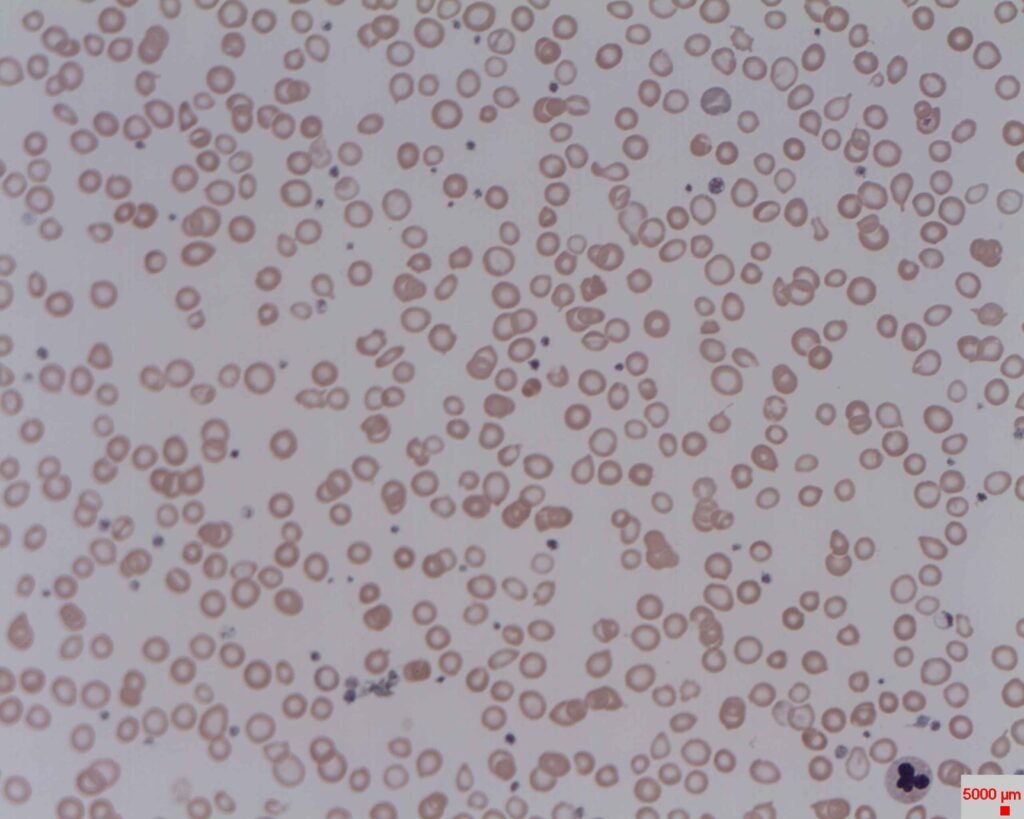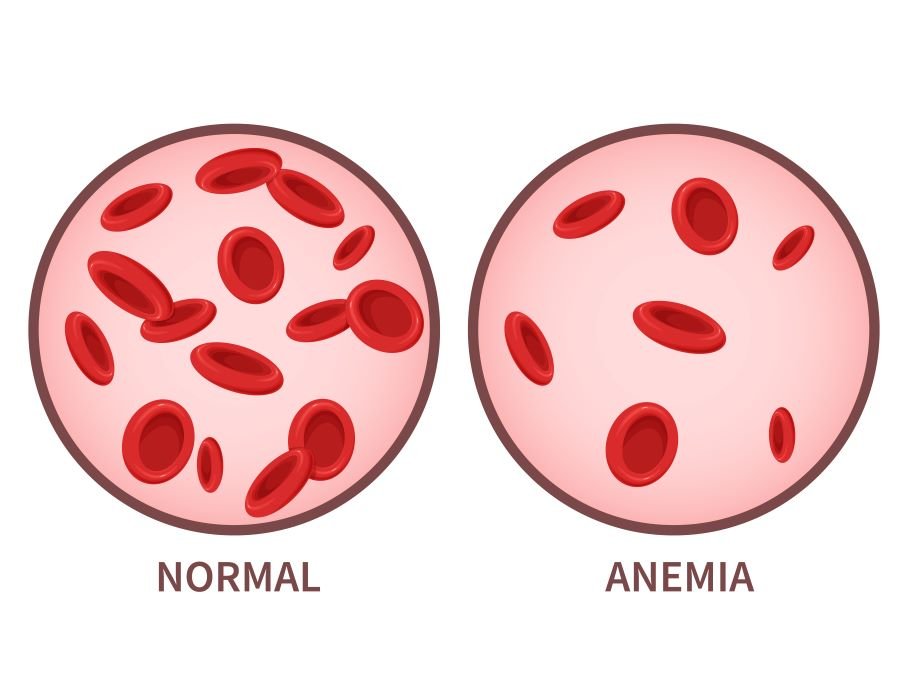Introduction
Daily aspirin is widely used among older adults to prevent blood clots, heart attacks, and strokes. While it provides important cardiovascular benefits, studies show it may also increase the risk of anemia, a condition that reduces the blood’s capacity to carry oxygen. Anemia in seniors can lead to fatigue, cognitive difficulties, depression, and even higher mortality. Understanding the balance between heart protection and anemia risk is crucial for anyone considering long-term aspirin therapy.
Understanding Anemia in Older Adults
Anemia occurs when blood lacks sufficient red blood cells or hemoglobin, which is vital for transporting oxygen throughout the body. In older adults, anemia is often overlooked but can have serious consequences. It can cause chronic fatigue, weakness, shortness of breath, dizziness, pale skin, rapid heartbeat, and difficulty concentrating. These symptoms can affect daily life, mobility, and overall quality of life. Chronic anemia also increases vulnerability to illness and can exacerbate other health conditions.
How Daily Aspirin Affects Blood Health
Aspirin prevents platelets from clumping together, which reduces the risk of dangerous blood clots. It also inhibits cyclooxygenase-1, an enzyme that protects the lining of the stomach and intestines. While this mechanism helps prevent clot formation, it can also make the digestive tract more prone to minor, continuous bleeding. Over time, this subtle blood loss may reduce hemoglobin levels and contribute to anemia. Research involving thousands of adults over the age of 65 has shown that low-dose daily aspirin increases the likelihood of developing anemia, even after accounting for other health conditions.

Symptoms to Watch For
Older adults taking daily aspirin should monitor for signs of anemia, which can develop gradually. Common symptoms include persistent fatigue, weakness, shortness of breath, dizziness, pale skin, heart palpitations, and difficulty focusing or remembering things. Noticing these symptoms early and consulting a healthcare provider can lead to prompt intervention, preventing more severe complications. https://www.nia.nih.gov/health/anemia
Managing the Risk
Older adults can take steps to reduce the risk of anemia while benefiting from daily aspirin. Regular blood tests to monitor hemoglobin and ferritin levels are essential. Maintaining a diet rich in iron, including lean meats, legumes, leafy greens, and fortified foods, supports healthy red blood cell production. It is also important to review all medications with a healthcare provider, as some drugs may increase bleeding risk. Adjusting aspirin dose or schedule, when advised by a physician, can help mitigate potential side effects. Protecting gastrointestinal health through diet or medications that reduce stomach irritation may also help prevent blood loss.
Balancing Benefits and Risks
Daily aspirin continues to be an important tool for preventing cardiovascular events in older adults. However, the potential risk of anemia highlights the need for a personalized approach to therapy. Physicians weigh each patient’s risk of heart attack or stroke against the likelihood of anemia or other bleeding complications, aiming to maximize benefits while minimizing harm. Careful monitoring, lifestyle adjustments, and communication with healthcare providers are key to safe and effective use of aspirin.

When to Seek Medical Attention
If symptoms such as fatigue, dizziness, shortness of breath, black or bloody stools, or unusual bruising appear, immediate medical attention is warranted. Early detection and treatment of anemia can prevent severe health consequences and improve recovery outcomes.
Conclusion
Daily aspirin therapy offers significant cardiovascular protection but comes with potential risks, including anemia. Seniors should discuss their individual risk factors with healthcare providers, monitor blood health regularly, and adopt preventive strategies such as a nutrient-rich diet and careful medication management. By balancing heart protection with careful monitoring, older adults can maintain both cardiovascular and blood health effectively.



